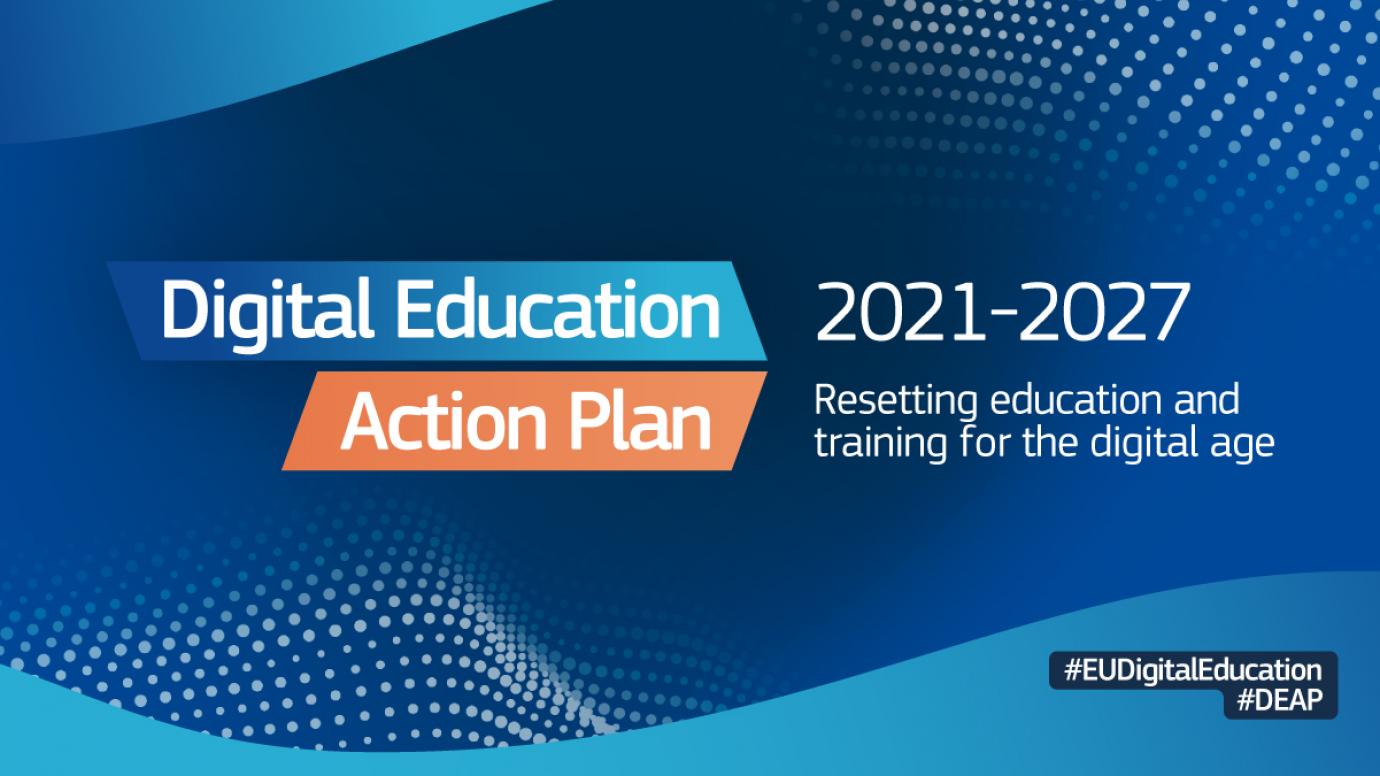YERUN – Young European Research Universities Network – released its position paper “YERUN View on the Effectiveness of Actions and Policy Areas under the Digital Education Action Plan”, drafted in response to the European Commission’s call for position papers regarding the impacts and achievements of the Digital Education Action Plan as part of the 2024 review process.
The position paper addresses the European Commission’s guiding question: In your experience and expertise with the Digital Education Action Plan, what actions/policy areas have been effective in achieving their objectives and which actions/policy areas should be strengthened in the next phase of its implementation?
In response, YERUN’s paper highlights the collective insights and experiences of its 23 member institutions, focusing on:
- The application of artificial intelligence in university education: YERUN members have actively implemented Action 6 of the Digital Education Action Plan, which promotes the creation of ethical guidelines for AI and data use in education. These efforts have sparked important discussions within universities, leading to tailored ethical guidelines for responsible AI use and training workshops for staff. Some institutions have also formed task forces to keep AI policies up to date. Through Action 8, YERUN members have adopted the updated European Digital Competence Framework to integrate AI and data-related skills into educator training and student curricula, ensuring both are prepared for the evolving demands of AI-driven technologies.
- Digital upskilling and the battle against the digital divide: YERUN members emphasise the need to prioritise digital upskilling and address the digital divide to ensure equal access to quality education for all students and staff. Blended learning, combining online and in-person teaching, has become a key strategy, fostering inclusivity and adaptability. Continuous staff development, especially in AI-related skills, has been crucial, with many institutions offering specialised training. Inclusivity initiatives ensure digital education is accessible to all, but challenges remain for some students lacking access to devices and reliable internet, or the digital skills required to fully participate in online learning. Micro-credentials and flexible learning pathways have been introduced to promote lifelong learning and improve digital literacy, while digitalisation is helping universities reach students globally.
- Safeguarding digital resources, ensuring data protection, and upholding intellectual property rights: As universities adopt more digital tools and AI systems, YERUN members are concerned about data privacy and security. Protecting sensitive staff and student information from breaches is a top priority, but cybersecurity remains a persistent challenge. Robust measures are needed to address evolving threats, with universities urged to invest in staff training and improved security protocols. Intellectual property (IP) issues have also intensified, particularly with the rise of generative AI, which complicates authorship and data ownership. Continuous improvement in cybersecurity protocols is vital to keep pace with emerging threats. However, this need for investment comes at a time when many institutions face pressure to reduce costs and staff numbers from their member states, highlighting the tension between resource constraints and the growing importance of safeguarding digital infrastructures.
YERUN members have made considerable progress in implementing the Digital Education Action Plan, particularly in integrating AI into education, addressing the digital divide, and safeguarding digital resources. However, as the next phase of the Plan approaches, there are areas for improvement. Strengthening collaboration between universities, improving accessibility for disadvantaged students, and ensuring robust data protection measures will be essential to maximise the benefits of digital education and AI technologies. These efforts will ensure that higher education remains relevant, inclusive, innovative, and secure in an increasingly digital world.










